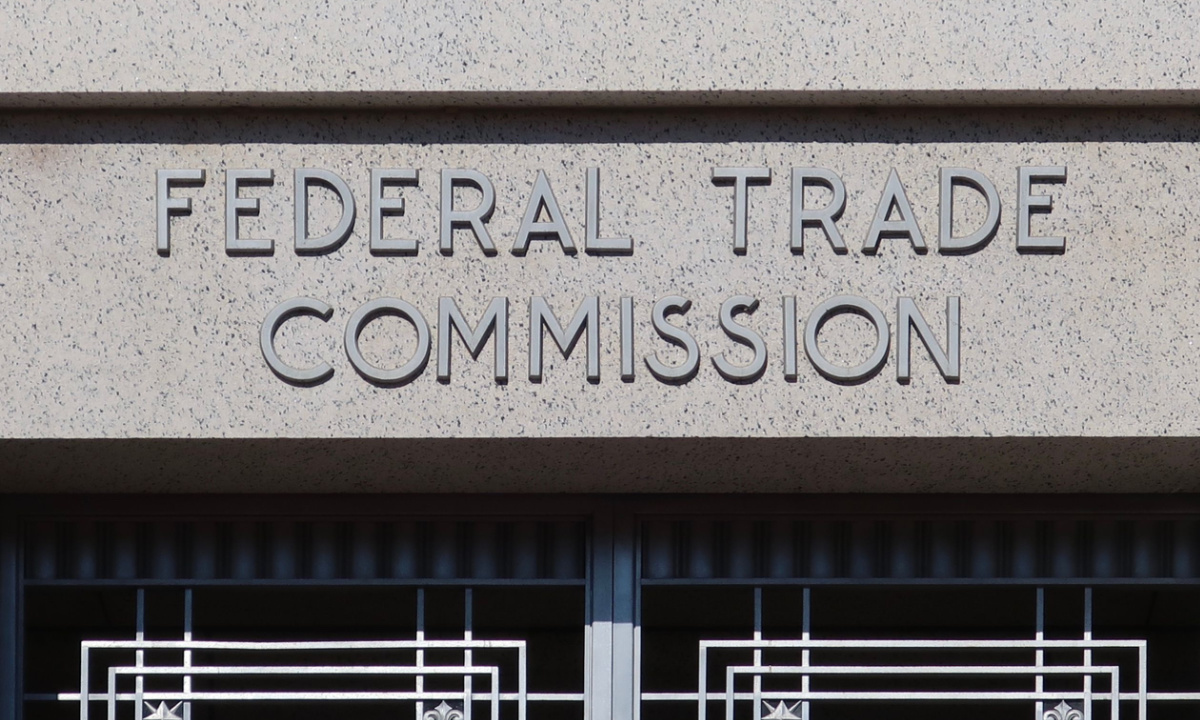
A federal judge in Texas has issued a ruling that prevents a new rule by the U.S. Federal Trade Commission (FTC) from taking effect. The rule, which was set to ban noncompete agreements commonly signed by employees, was scheduled to be implemented on September 4. The decision, handed down by U.S. District Judge Ada Brown, calls into question the FTC’s authority to enforce such broad restrictions on business practices.
Judge’s Rationale and Temporary Block
According to CNBC, Judge Brown, who presides in Dallas, stated that the FTC does not have the power to ban practices it deems as “unfair methods of competition” by enacting sweeping rules. The judge had previously issued a temporary block on the rule in July while considering a challenge brought by the U.S. Chamber of Commerce and tax services firm Ryan, which sought to have the rule struck down entirely.
In her ruling, Brown emphasized that even if the FTC possessed the authority to implement the rule, the agency had not provided sufficient justification for banning nearly all noncompete agreements. She criticized the Commission for its lack of evidence supporting such a broad prohibition, labeling the rule as “arbitrary and capricious.”
“The Commission’s lack of evidence as to why they chose to impose such a sweeping prohibition … instead of targeting specific, harmful non-competes, renders the Rule arbitrary and capricious,” Brown wrote in her decision. Notably, Brown was appointed by former President Donald Trump, a Republican.
FTC’s Ban and its Implications
The Democratic-controlled FTC had approved the ban on noncompete agreements in a closely contested 3-2 vote in May. Proponents of the rule argue that noncompetes are an unfair restraint on competition, violating U.S. antitrust law by suppressing workers’ wages and mobility. The FTC estimated that approximately 30 million people, or 20% of the U.S. workforce, are bound by such agreements.
However, business groups have strongly opposed the FTC’s move. According to CNBC, these groups argue that Congress never intended to grant the FTC such broad regulatory powers. They also contend that banning noncompetes would make it more challenging to protect trade secrets and other sensitive business information.
Conflicting Judicial Opinions
The decision from Judge Brown adds to a growing list of conflicting judicial opinions on the issue. Just last week, a federal judge in Florida ruled that the FTC’s ban was likely invalid, blocking its application to a real estate developer. In contrast, a judge in Philadelphia ruled in July that the FTC had reasonably concluded that noncompete agreements are almost never justified.
The FTC and the U.S. Chamber of Commerce have yet to respond to the ruling. The legal battle over the rule is expected to continue, with significant implications for both workers and businesses across the United States.
Featured News
Big Tech Braces for Potential Changes Under a Second Trump Presidency
Nov 6, 2024 by
CPI
Trump’s Potential Shift in US Antitrust Policy Raises Questions for Big Tech and Mergers
Nov 6, 2024 by
CPI
EU Set to Fine Apple in First Major Enforcement of Digital Markets Act
Nov 5, 2024 by
CPI
Six Indicted in Federal Bid-Rigging Schemes Involving Government IT Contracts
Nov 5, 2024 by
CPI
Ireland Secures First €3 Billion Apple Tax Payment, Boosting Exchequer Funds
Nov 5, 2024 by
CPI
Antitrust Mix by CPI
Antitrust Chronicle® – Remedies Revisited
Oct 30, 2024 by
CPI
Fixing the Fix: Updating Policy on Merger Remedies
Oct 30, 2024 by
CPI
Methodology Matters: The 2017 FTC Remedies Study
Oct 30, 2024 by
CPI
U.S. v. AT&T: Five Lessons for Vertical Merger Enforcement
Oct 30, 2024 by
CPI
The Search for Antitrust Remedies in Tech Leads Beyond Antitrust
Oct 30, 2024 by
CPI